Non-government organizations have come to occupy an important place in India. The spread of NGO activities in the country, as in many other parts of the world, are manifest in a number of spheres and in a wide spectrum of programs. In welfare programmes, development oriented initiatives, empowering women and weaker sections, protecting the rights of marginalized segments, protecting the environment through watersheds, spreading literacy and education, the participation of the NGO sector has been impressive, particularly since independence. This book focuses on role of NGO in watershed management.
The study has undertook analytical study to understand the NGOs who claimed success in the watershed management and the impact on the farmers participating in the watershed programmes claimed success by the NGOs. The primary data were collected from nine NGOs were nine villages are under one NGO out of which one village was selected by the NGOs themselves which they considered as most successful in implementing the watershed programmes. In each of the selected nine villages., 16 percent of the farmers were selected equally representing all castes. The data was collected through a structured schedule, informal interviews, key informant interviews and observations. The secondary data were also used in this study cover the important aspects of the impact of the watershed management NGOs on the farmers.
The purpose of the book is to provide a foundation and direction of further researches …..Useful for public leaders, social scientists, planners, administrators and politicians in the area of watershed management as well as many private organizations in the developing country. Overall, the book serves a good purpose in attracting attention to the internal issues in the NGOs.

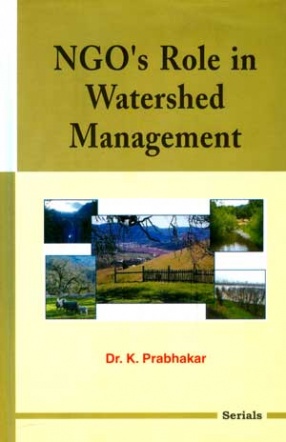
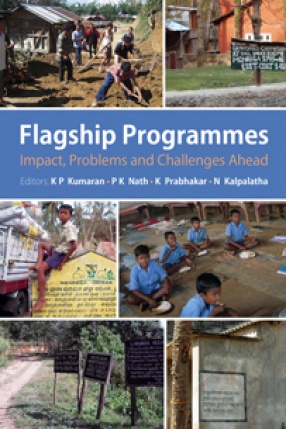
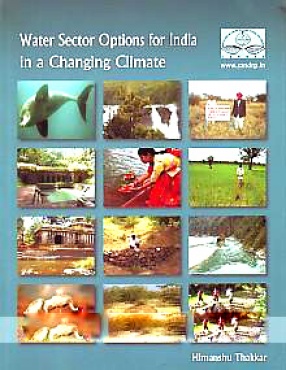
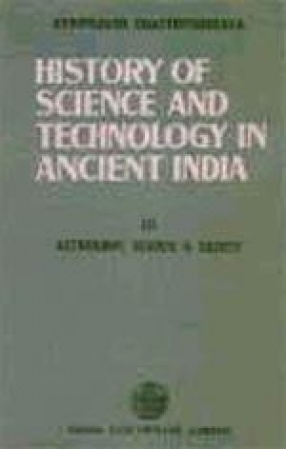
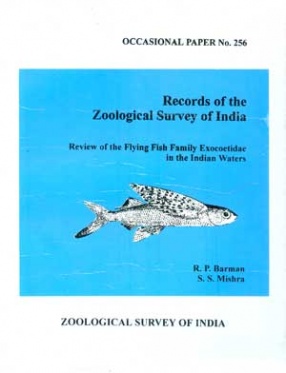
There are no reviews yet.